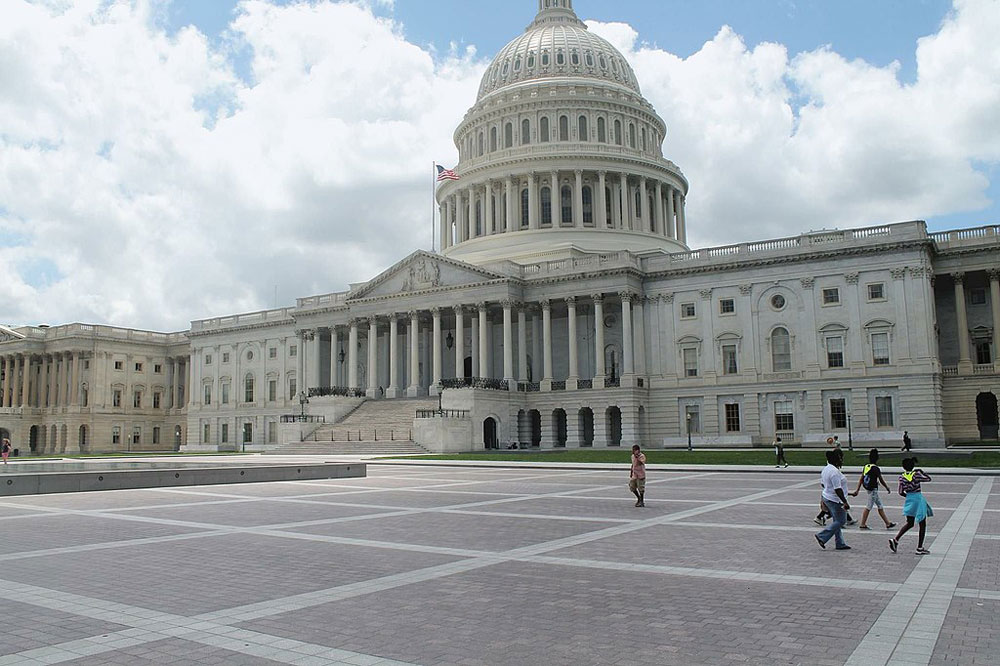July 19, 2011; Source: Observer-Dispatch | After the board of the YWCA of Mohawk Valley voted to close its pool, among other recreational programs, a group of members filed suit with the court seeking to have the action reversed. The YWCA says it has had almost a half million dollars in operating losses since 2004 and had to take the action to survive. The members say they were owed notice and a voice in the decision. Below are the details of the bases on which the suit was filed and the response from the YWCA.
The Observer-Dispatch article lays out the case:
The allegations:
• The closures violated YWCA of the Mohawk Valley bylaws. Members should have been notified prior to the June 14 annual meeting. The members should have had the right to vote on the changes.
• The association continued to collect fees for pool-related programs up to at least two weeks prior to the announcement.
• Bylaws limit voting membership to females, discriminating against male members.
Sign up for our free newsletters
Subscribe to NPQ's newsletters to have our top stories delivered directly to your inbox.
By signing up, you agree to our privacy policy and terms of use, and to receive messages from NPQ and our partners.
YWCA response:
• Local bylaws do not give the members the right to vote on all issues. The change in programming is operational, and not generally something members would vote on, said Melanie FitzGerald, YWCA northeast regional director. The local YWCA undertook a logical and strategic process in making its decision, and then presented it to the members at the annual meeting, she said.
• Refunds were given to those who paid for pool membership or programming after the closure was announced, YWCA Executive Director Natalie Brown said.
• Organization bylaws from 2010 state voting members to be those female ages 15 years and older. Men and boys ages 12 and older are referred to as “YWCA associates.” Though they are not given voting privileges, they can in specific circumstances apply for exemption from the single-gender rule, FitzGerald said. The YWCA is an organization with a membership which has been oppressed in some way so it can limit its membership to females in an attempt to ensure the organization remains focused on female-related issues, she said.
We think this is an interesting case and gets to the question of who owns the organization in the broadest of terms and how and when they should be consulted by the trustee stewards not only to adhere to legal requirements but to stay in sync with members.—Ruth McCambridge













